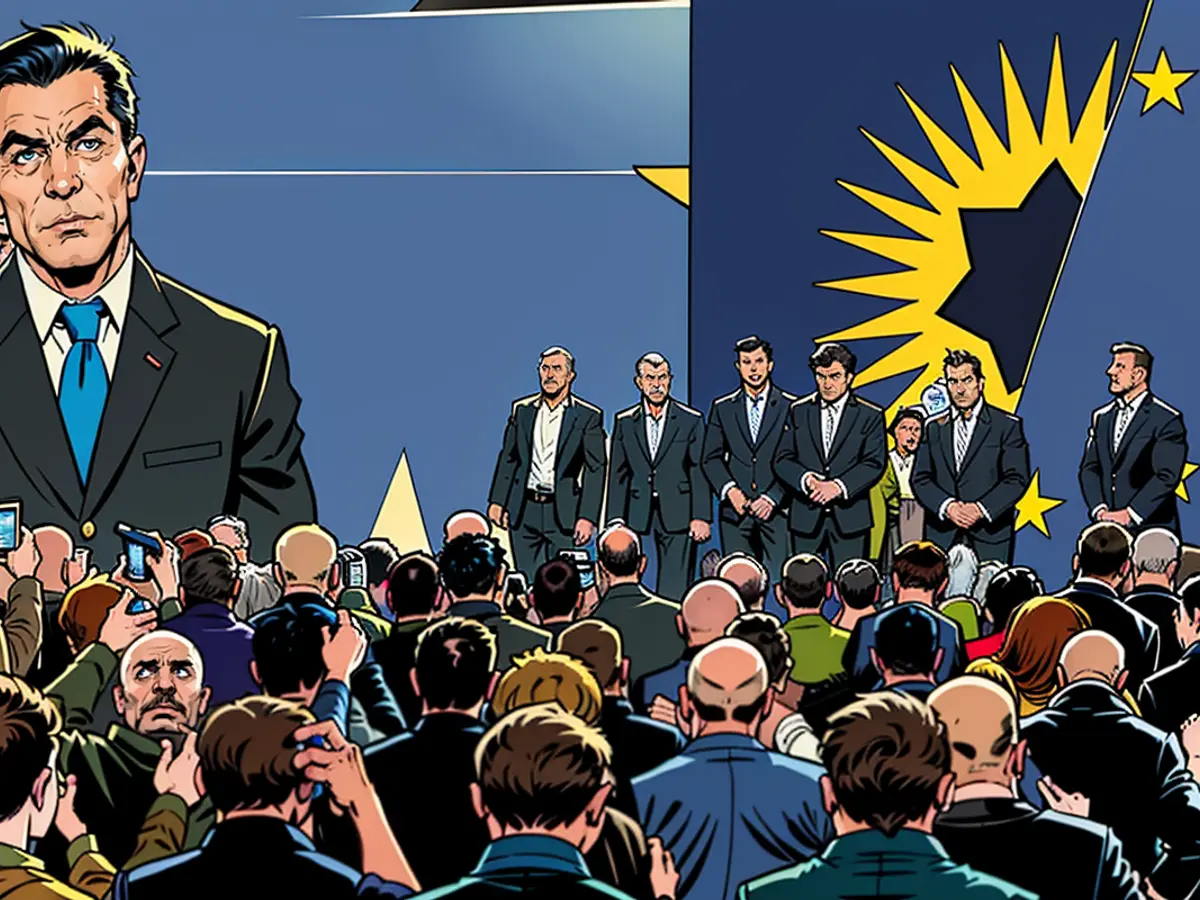Competitors and Authorities Declare Triumphant Success
Following the much-anticipated parliamentary election in Georgia, both the ruling party and the opposition are making bold claims of victory. Bidsina Ivanishvili, the wealthy founder of the pro-Russian Georgian Dream party, declared their dominance after the polls ended. On the other hand, pro-European opposition parties and President Salome Zurabishvili, who is aligned with the opposition, assert that the opposition has secured a majority in the Caucasus republic.
According to the state election commission, after analyzing 70% of the voting stations, Georgian Dream was leading with 53% of the votes. Prior to the election, various media forecasts predicted varying outcomes. Imedi TV, a pro-government station, projected a 56% victory for Georgian Dream. In contrast, Formula TV, an opposition-friendly channel, estimated that Georgian Dream would garner 41% while the opposition would take 52%. Mtavari Archi TV, another opposition-leaning channel, predicted a 42% share for Georgian Dream and a 48% share for the opposition as a whole.
Ivanishvili, who previously served as prime minister, celebrated another term for Georgian Dream. Addressing his supporters, he stated, "This is an exceptional achievement in a challenging situation for a single party to accomplish, worldwide." He promised significant achievements for the country in the ensuing four years.
On the other hand, Zurabishvili accused the ruling party of election manipulation. "Despite attempts to manipulate the elections, European Georgia secured 52% of the votes, excluding the diaspora votes," she posted on Twitter. Tina Bokuchava, leader of the opposition United National Movement, claimed Georgian Dream had lost the election. "We await the official final results, but the loser should have the courage to admit defeat and resign," she stated. Georgia has chosen to move towards Europe.
Georgian Dream's estrangement from the EU
Georgian Dream, which has been in power for 12 years, places importance on strengthening relations with Russia, while the opposition advocates for EU integration. Ivanishvili, prior to the election, hinted that if his party won, he would ban opposition parties. He justified this move as necessary to prevent a potential conflict with Russia. He accused opposition candidates of aiming to instigate a revolution and create chaos.
The Georgian government has already faced criticism and distancing from the EU. In June, a controversial law against supposed foreign interference was enacted. The opposition and international communities denounced the law as a tool to tighten control over civil society and a violation of fundamental rights. The EU has temporarily halted the membership process.
Last December, Georgia was granted candidate country status. However, critics point to potential Russian influence in Tbilisi's governmental decisions. It is argued that Russia passed a comparable law to use against its domestic critics. The Georgian government denies any direct involvement from Moscow.
The European Union expressed concern over Georgian Dream's potential violation of fundamental rights and the temporary halt of Georgia's membership process due to the controversial law against foreign interference. Despite this, Georgian Dream, being pro-Russian, prioritizes strengthening relations with Russia over EU integration.








